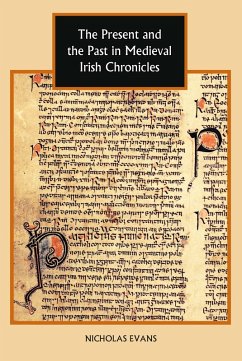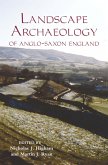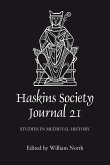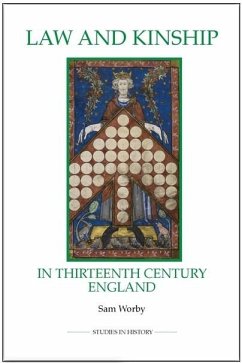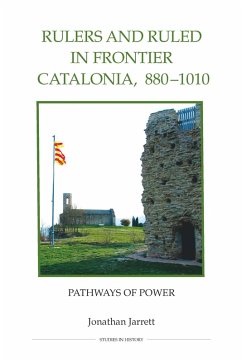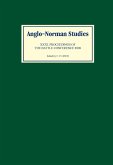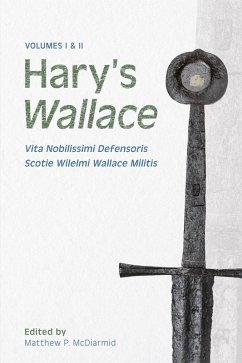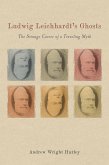A new analysis of a vital source for the history of Ireland and Scotland in the middle ages.
Ireland has the most substantial corpus of annalistic chronicles for the early period in western Europe. They are crucial sources for understanding the Gaelic world of Ireland and Scotland, and offer insights into contacts with the wider Christian world. However, there is still a high degree of uncertainty about their development, production, and location prior to 1100, which makes it difficult to draw sound conclusions from them.
This book analyses the principal Irish chronicles, especially the "Annals of Ulster", "Annals of Tigernach", and the Chronicum Scotorum, identifying their inter-relationships, the main changes to the texts, and the centres where they were written in the tenth and eleventh centuries - a significant but neglected period. The detailed study enables the author to argue that the chroniclers were in contact with each other, exchanging written notices of events, and that therefore the chronicle texts reflect the social connections of the Irish ecclesiastical and secular elites. The author also considers how the sections describing the early Christian period (approximately 431 to 730 AD) were altered by subsequent chroniclers; by focussing on the inclusion of material on Mediterranean events as well as on Gaelic kings, and by comparing the chronicles with other contemporary texts, he reconstructs the chronicles' contents and chronology at different times, showing how the accounts were altered to reflect and promote certain views of history. Thus, while enabling readers to evaluate the sources more effectively, he also demonstrates that the chronicles were sophisticated and significant documents in themselves, reflecting different facets of contemporary medieval society and their shifting attitudes to creating and changing accounts of the past.
Dr Nicholas Evans is an Honorary Research Fellow at the University of Glasgow.
Ireland has the most substantial corpus of annalistic chronicles for the early period in western Europe. They are crucial sources for understanding the Gaelic world of Ireland and Scotland, and offer insights into contacts with the wider Christian world. However, there is still a high degree of uncertainty about their development, production, and location prior to 1100, which makes it difficult to draw sound conclusions from them.
This book analyses the principal Irish chronicles, especially the "Annals of Ulster", "Annals of Tigernach", and the Chronicum Scotorum, identifying their inter-relationships, the main changes to the texts, and the centres where they were written in the tenth and eleventh centuries - a significant but neglected period. The detailed study enables the author to argue that the chroniclers were in contact with each other, exchanging written notices of events, and that therefore the chronicle texts reflect the social connections of the Irish ecclesiastical and secular elites. The author also considers how the sections describing the early Christian period (approximately 431 to 730 AD) were altered by subsequent chroniclers; by focussing on the inclusion of material on Mediterranean events as well as on Gaelic kings, and by comparing the chronicles with other contemporary texts, he reconstructs the chronicles' contents and chronology at different times, showing how the accounts were altered to reflect and promote certain views of history. Thus, while enabling readers to evaluate the sources more effectively, he also demonstrates that the chronicles were sophisticated and significant documents in themselves, reflecting different facets of contemporary medieval society and their shifting attitudes to creating and changing accounts of the past.
Dr Nicholas Evans is an Honorary Research Fellow at the University of Glasgow.
Dieser Download kann aus rechtlichen Gründen nur mit Rechnungsadresse in A, D ausgeliefert werden.

